Arab League member states have agreed to reinstate Syria's membership after its suspension 12 years ago, said a statement the bloc issued after a meeting on Sunday, which experts see as a "landmark event" amid a series of progressive steps toward reconciliation and the waning influence of the U.S. in the Middle East.
After having its membership revoked in 2011, Syria's decade of regional isolation has been effectively ended in defiance of U.S. warnings, Bloomberg reported, as the Arab League voted for the country's return into the 22-nation bloc in Cairo ahead of a heads of state summit.
The Bloomberg said the decision may be formalized at the summit, which is to be held in Saudi Arabia on May 19.
The foreign ministers also agreed to form a committee comprising Jordan, Saudi Arabia, Iraq, Lebanon, Egypt, and the league's secretary-general to continue "direct dialogue with the Syrian government to reach a comprehensive solution to the Syrian crisis," according to Xinhua News Agency.
Mohammed Hasanein Khaddam, Syrian Ambassador to China, told the Global Times on Monday that Syria, as a founding member of the Arab League, has closely followed the positive developments leading to the decision to reinstate it, and that Syria, as always, welcomes all efforts aimed at joint Arab cooperation that will serve the stability, security and prosperity of the region and its people.
"This positive development is the result of regional developments that reflects the global atmosphere initiated by the efforts of peace-loving and responsible global powers, including China," the ambassador said.
The Chinese Foreign Ministry congratulated Syria on its return to the Arab League, saying that the decision will help Arab countries strengthen their unity, accelerate regional development, and promote peace and stability in the Middle East, which is in the long-term interests of Arab countries, according to spokesperson Wang Wenbin.
Wang added that China has been actively engaging with all parties concerned on this matter, and has always supported the unity of Arab countries and the rejoining of Syria to the bloc.
The decision comes amid a flurry of regional normalization of ties with Damascus in recent months, aiming to form an "Arab-led political path" in solving the crisis, according to The Associated Press.
Strained ties between Syria and Arab countries started to ease after the deadly earthquakes that jolted the Turkish-Syrian border and the China-brokered re-establishment of diplomatic ties between Saudi Arabia and Iran.
In March, Syrian Foreign Minister held talks with his Egyptian counterpart in the first visit by a top Syrian diplomat to Egypt since the start of the Syrian civil war 12 years ago.
Saudi Foreign Minister visited Damascus last month for the first time in more than a decade, as the two countries move to restore embassies and flights between them.
Iran's President Ebrahim Raisi also visited Damascus last week, signing MOUs for "long-term and comprehensive cooperation" in various fields, including oil, communications, civil aviation, railways, and agriculture, among others.
Zhu Yongbiao, director of the Center for Afghanistan Studies at Lanzhou University, regarded the decision as a "landmark event", as it is quite rare for the Arab world to reach a consensus on the Syria issue, which is complex and has long been a significant divide created by the U.S. within the Islamic world.
China's role in this process has been exemplary and leading, the expert noted.
As a permanent member of the UN Security Council, Zhu said, China has taken the initiative to mediate between conflicting parties, and this will have a guiding effect on other members of the Council and boost confidence in the Middle East reconciliation process.
Furthermore, China has taken a number of practical steps both in diplomacy and economic cooperation that have demonstrated its willingness and competence in contributing to regional peace rather than merely paying lip service, observers noted.
The Arab League decision to disregard U.S. reservations reflects America's waning influence in the oil-exporting region and a growing willingness among allies to forge their own political path, the Bloomberg report said.
Arab countries have become more aware of the U.S.' strategic intentions behind its sowing discord and creating chaos in the Islamic world, and coming to realize that the U.S. does not truly want to see unity but only divides to better serve its own interests, said analysts.
Additionally, the U.S. and Middle Eastern countries have become rivals in areas such as energy. These factors, along with the U.S.' irresponsible behavior in events such as the chaotic withdrawal from Afghanistan and provoking confrontation in the Russia-Ukraine conflict, have led to the decline of U.S. influence.








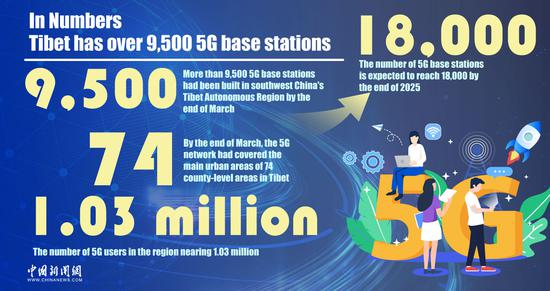



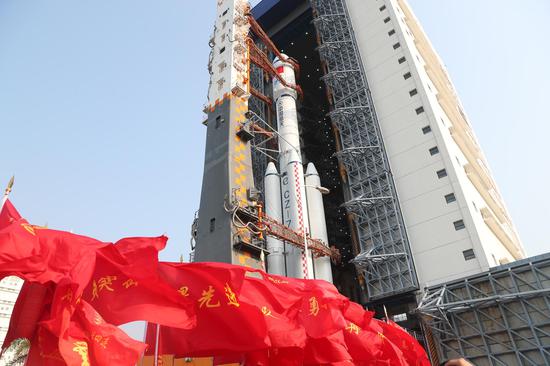

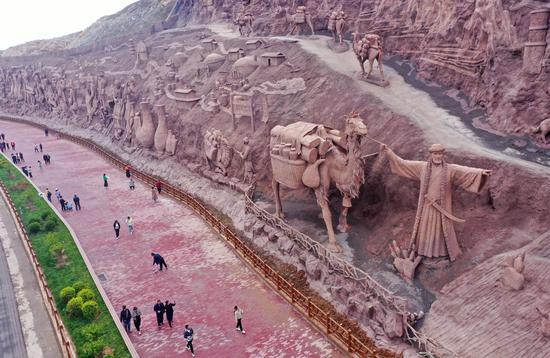














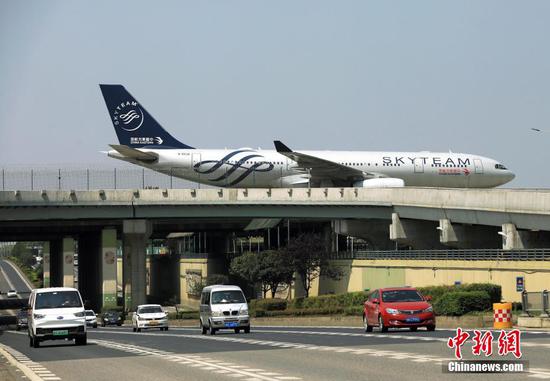



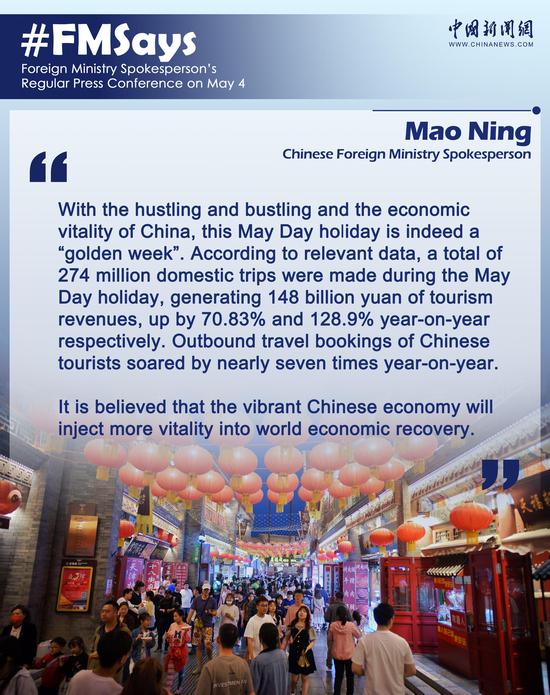







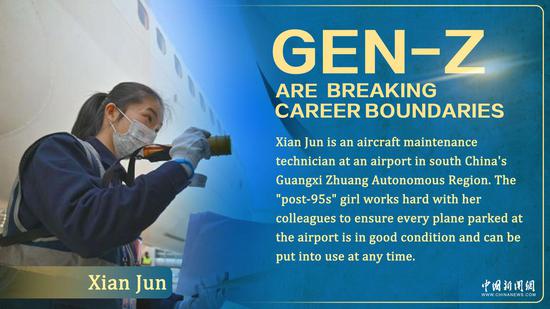








 京公网安备 11010202009201号
京公网安备 11010202009201号